THE PROGRAM
Executive Functions and Dysfunction in Brain Health and Brain Disorders.
Frontal Lobes, Distributed Networks, and the Whole Brain.
This course will present the state-of-the art understanding of brain function and dysfunction and its relationship to normal and abnormal cognition. A review of the central neurobiological, cognitive, and clinical concepts will be offered, with some of the established concepts challenged and novel ones introduced.
The course is designed to be both relevant and accessible to practicing neuropsychologists, clinical psychologists, psychiatrists, neurologists, cognitive neuroscientists, as well as other professionals interested in cutting-edge issues of brain and cognition.
DATES:
August 19 – 23, 2024.
TIME:
Morning coffee: 8:30 am – 9:00am
Lecture: 9:00am – 10:30am
Coffee break: 10:30am – 11:00am
Lecture: 11:00am – 12:30pm
There will be an opportunity for the participants to continue discussions in small groups after the lectures.
LOCATION:
Conference room at Tamarindo DIRIA Beach Resort.
Address: C. Central, Provincia de Guanacaste, Tamarindo, 50309, Costa Rica
Phone: +506 4032 0032
Website: www.tamarindodiria.com
COURSE TUITION:
$1,175 (USD) for the 5-day program (travel and hotel expenses are not included).
In the unlikely case of program cancellation for reasons not under our control, a full refund will be issued for the program tuition. However, travel and hotel expenses will not be reimbursed. Travel and medical insurance, as well as accident insurance, are strongly advised. If a participant wants to cancel registration, tuition will be refunded as long as the cancellation is made no later than one week prior to the beginning of the course, minus a $125 (USD) processing fee. Goldberg Brain-Mind Symposia will not be held responsible for any cost, expense or damage to participants inherent in international travel and hereby holds the Symposia harmless and would indemnify the Symposia for any damages incurred.
The seating at the venue is limited, please make sure to register promptly.
LOCATION
Tamarindo DIRIA Beach Resort
Tamarindo Diria recognized as Tripadvisor® 2023 Travelers’ Choice® Award Winner among the 10% of all listings on Tripadvisor globally.
This family owned and operated beachfront resort has been especially designed for guests seeking a relaxed, family friendly atmosphere, while enjoying unparalleled service and amenities.
While Tamarindo Beach Resort is located in the heart of the charming beach town of Tamarindo it is also placed directly on Playa Tamarindo, one of Costa Rica´s most famous beaches.
This unique location invites you to explore the vibrant beach town life with all its restaurants, bars, and shopping, while also offering pure relaxation in our ocean front gardens or while enjoying 1.8 miles of white sand beach, just a few steps from your room.
Website: www.tamarindodiria.com
Reservations (+506) 4032 0032
Hotel (+506) 4032 0031
Toll free number 1-866-603-4742



AGENDA
- General review of the neural basis of executive functions: frontal lobes and related structures: striatum, dopaminergic modulation, and others.
- Executive functions in evolution. Cortical and subcortical contributions to executive functions.
- Executive function in ontogeny. At what age are executive functions fully mature? The trajectory of prefrontal maturation and society.
- Subdivisions of the prefrontal cortex and major frontal-lobe syndromes: dorsolateral, orbitofrontal, reticulo-frontal disconnection and others.
- Functional systems revisited in the age of neuroscience. From modules to networks. Large-scale networks: Central Executive, Default Mode, and others.
- Elements of executive functions: models of the future, generativity, mental flexibility, impulse control, and others. Their relationship to memory, attention and other complex functions. How separate are the “cognitive domains”?
- New ideas in the cognitive neuroscience of executive functions: networks not loci. The mechanisms of salience assignation.
- Decision making in novel and ambiguous environments – untapped territory in neuropsychology. Agent-centered decision making and its relationship to the prefrontal cortex. The role of the prefrontal cortex in dealing with cognitive novelty.
- Lateralization of frontal-lobe structure and function. Perseveration and left-frontal dysfunction. Field-dependent behavior and right-frontal dysfunction.
- Sex (or gender) and handedness differences in the cortical control of executive functions
- Frontal lobes and emotions. Differential impact of lateralized prefrontal lesions on affect.
- The working memory conundrum: working memory in animals and humans. Working memory and salience assignation. Why most “working memory tests” are not.
- Intelligence and the frontal lobes: both coupled and uncoupled. Are executive functions sufficiently assessed in “tests of intelligence?”
- Creativity and the frontal lobes: Hyperfrontality, hypofrontality and the creative spark. Hyperfrontality and hypofrontality in brain health and brain disease.
- Frontal lobes and the lifespan: how neurobiology and environment interact in the age of innovation. Do executive functions decline with age? Does culture influence these processes and how?
- Frontal lobes and consciousness. Hypofrontality revisited.
- Executive dysfunction in neurodevelopmental syndromes: Are ADHD and dysexecutive syndrome the same? Is ADHD over-diagnosed at the expense of other disorders?
- The triple-decker: overcoming the fragmentation of clinical neuroscience and connecting the dots. Parkinson’s, Tourette and focal frontal lesions. Why are they together in this narrative?
- Rethinking Tourette syndrome and its relationship to ADHD. Not just tics. Excessive exploratory behavior in Tourette and why it is often misdiagnosed as hyperactivity. The curse of diagnostic pigeonholes.
- Executive dysfunction in dementias. Why executive deficit is often overlooked in Alzheimer’s disease; Lewy body dementia and cognitive impairment in Parkinson’s disease. Frontotemporal dementia: behavioral, language, and combined variants.
- Executive dysfunction in dementias (continuation).
- Executive dysfunction in traumatic brain injury. When the “mild TBI” is not so mild. Reticulo-frontal disconnection syndrome.
- Executive dysfunction in neuropsychiatric disorders: schizophrenia and affective disorders. Neuropsychological and neuroimaging findings.
- Executive dysfunction and frontal-lobe vulnerability in long neuro-COVID. Primary and secondary effects of COVID on the brain.
- Executive function assessment tools. Their strengths, limitations, and what the new “frontal-lobe” assessment tools should target. Agent-centered cognition.
- Summing up: What we have learned and the next frontiers.
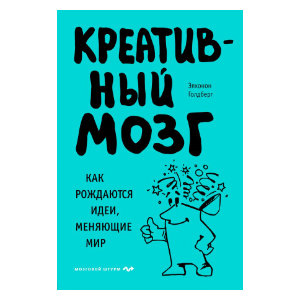
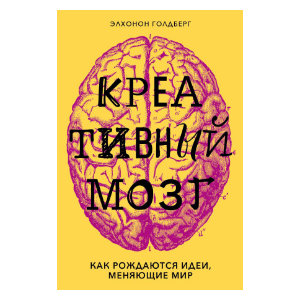

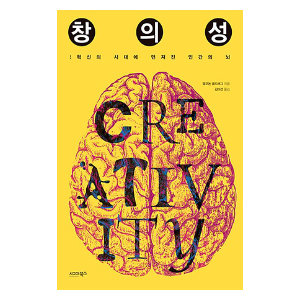
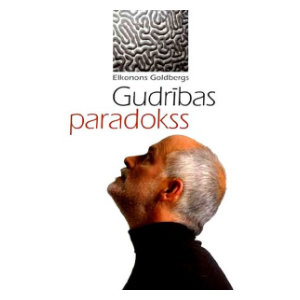
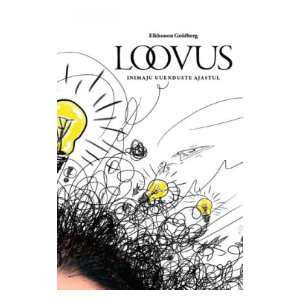




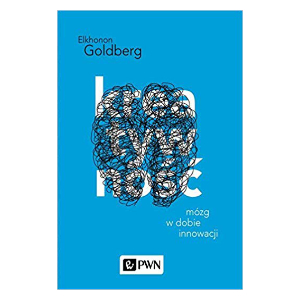
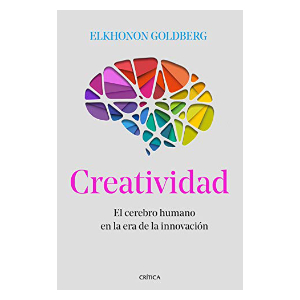
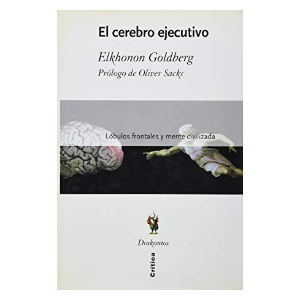

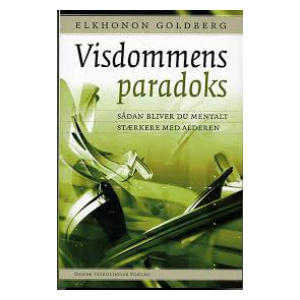

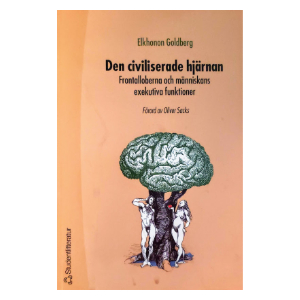
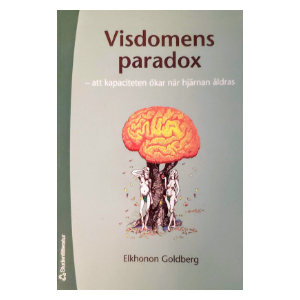
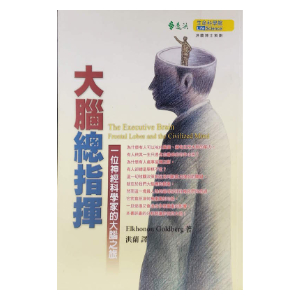
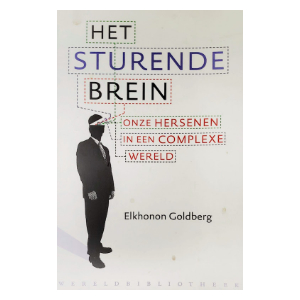

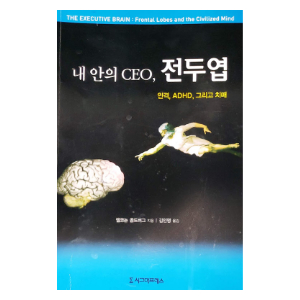
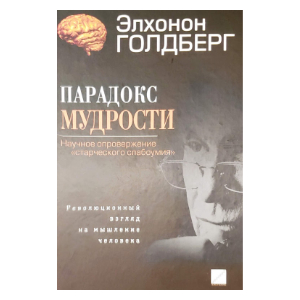
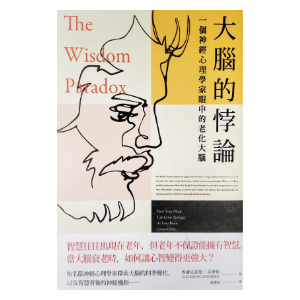
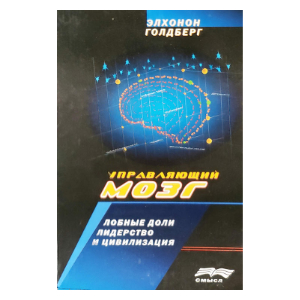
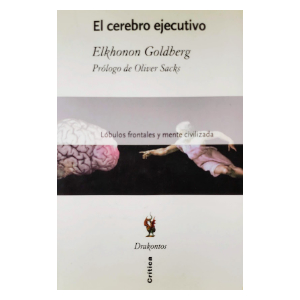


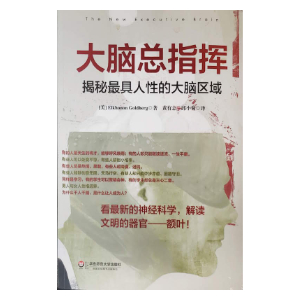
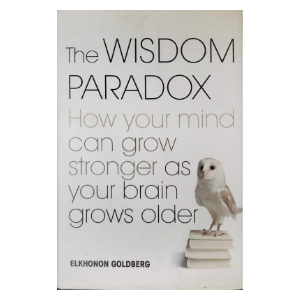
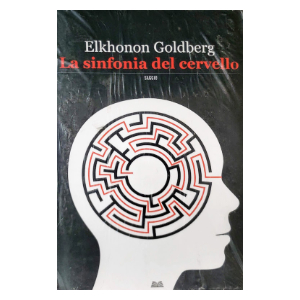
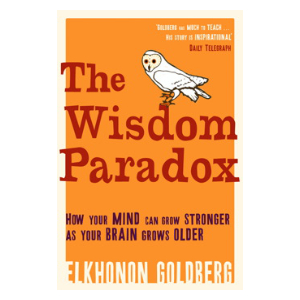

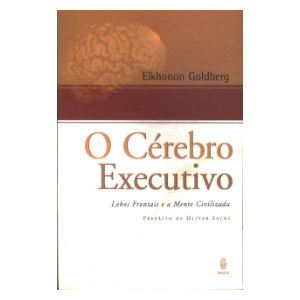
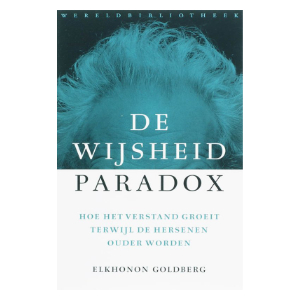





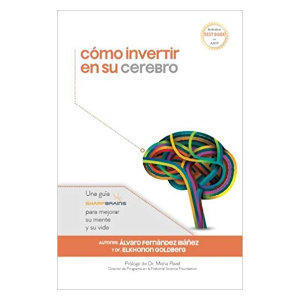
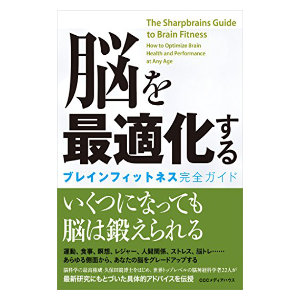


THE SPEAKER
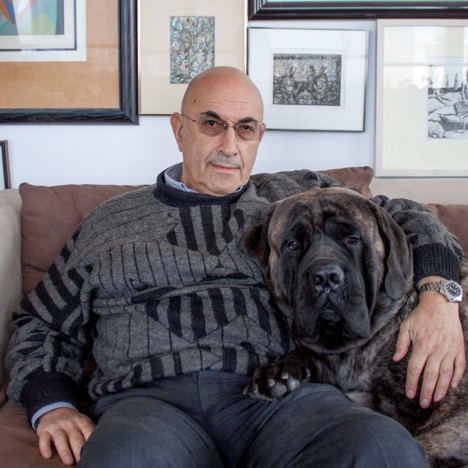
Elkhonon Goldberg, Ph.D., ABPP/ABCN, is a a clinical neuropsychologist and cognitive neuroscientist, and the Founding Director of Luria Neuroscience Institute and Goldberg Brain-Mind Symposia. He is a diplomate of The American Board of Professional Psychology / American Board of Clinical Neuropsychology, with over 40 years of experience in neuropsychological diagnosis, cognitive rehabilitation, and forensic neuropsychology.
Dr. Goldberg is internationally renowned for his research, writings, clinical work, and teaching in the area of clinical neuropsychology and cognitive neuroscience. He is particularly well known for his work on executive functions and dysfunction. His other areas of expertise include memory disorders, attention deficit disorder, dementia, traumatic brain injury, and others.
Dr. Goldberg was a student and close associate of the great neuropsychologist Alexander Luria, whose memory he honored in two edited volumes: Contemporary Neuropsychology and the Legacy of Luria (Laurence Erlbaum, 1991) and The Legacy of Luria in the 21st Century (Oxford University Press, 2009).
Goldberg’s books The Executive Brain: Frontal Lobes and the Civilized Mind (Oxford University Press, 2001); The Wisdom Paradox: How Your Mind Can Grow Stronger as Your Brain Grows Older (Gotham Books, Penguin, 2005); The New Executive Brain: Frontal Lobes in a Complex World (Oxford University Press, 2009) have received international critical acclaim and have been published in 24 languages. His book Executive Functions in Health and Disease (Academic Press, 2017) has received a “highly commended book” award by the British Medical Association. His most recent book is Creativity: The Human Brain in the Age of Innovation (Oxford University Press, 2018).
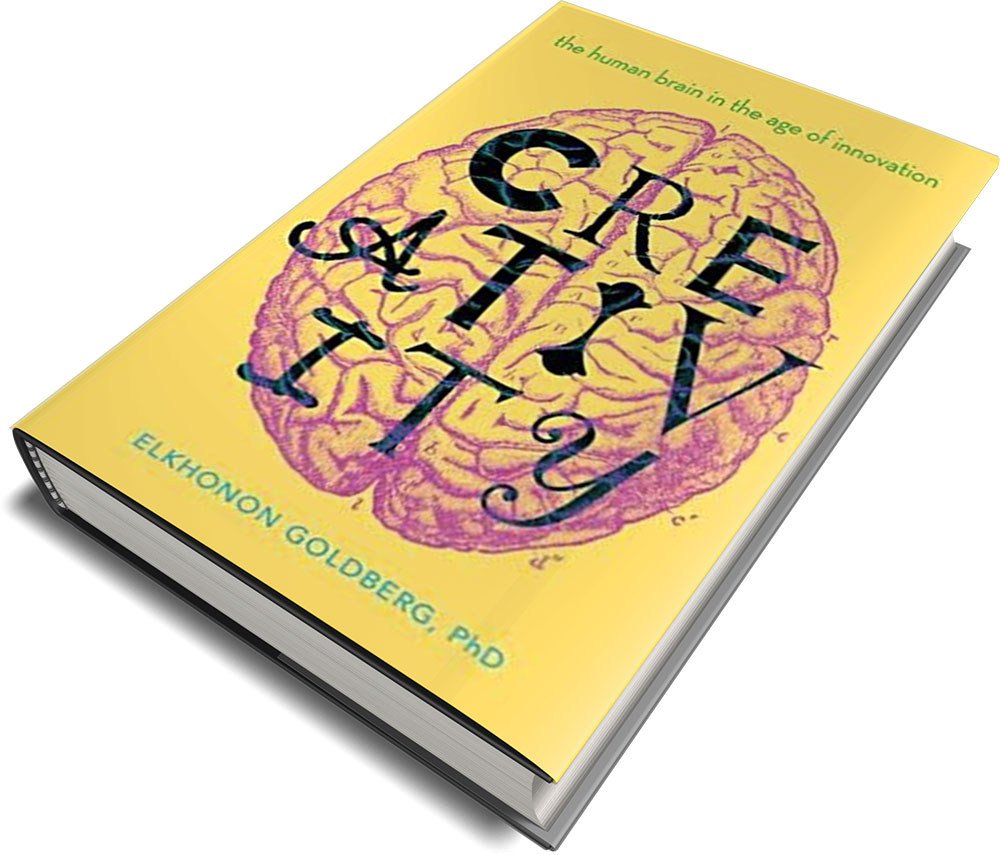
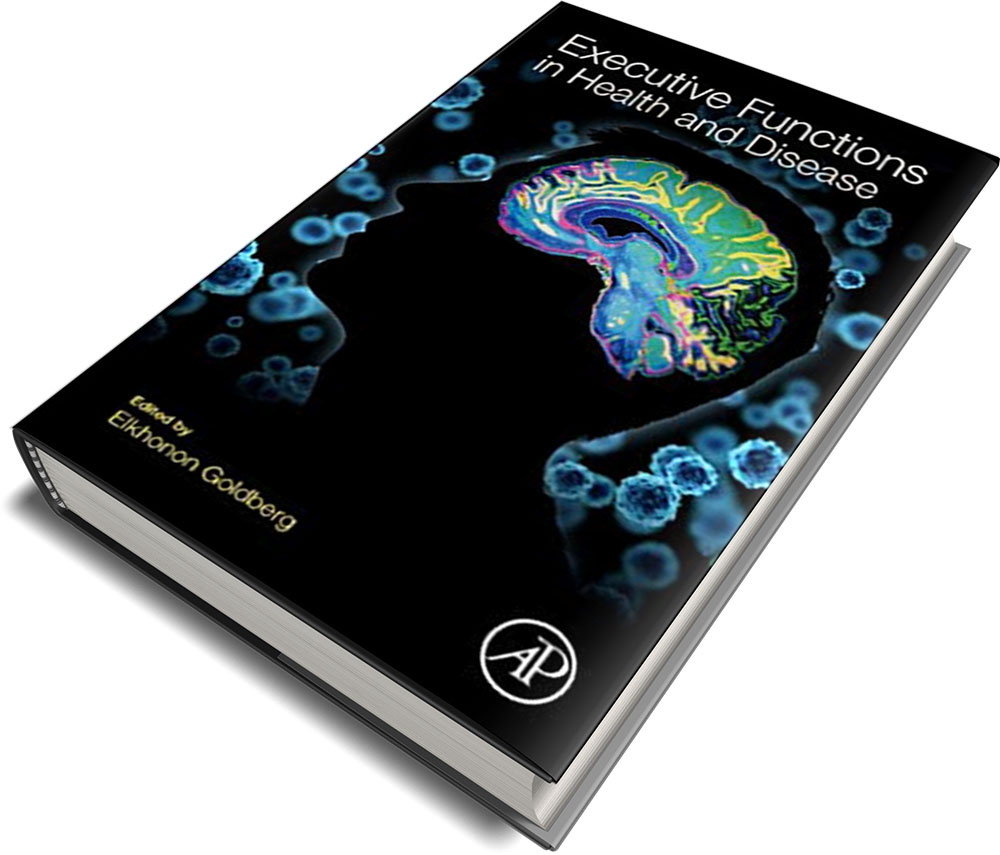
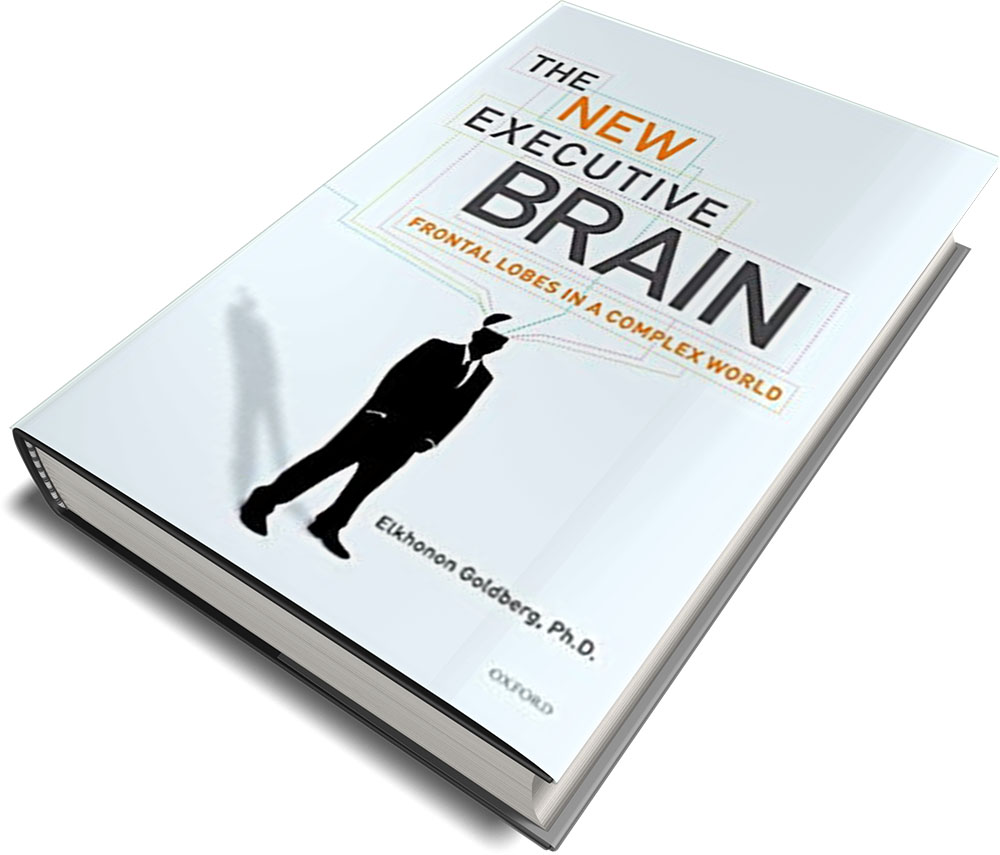
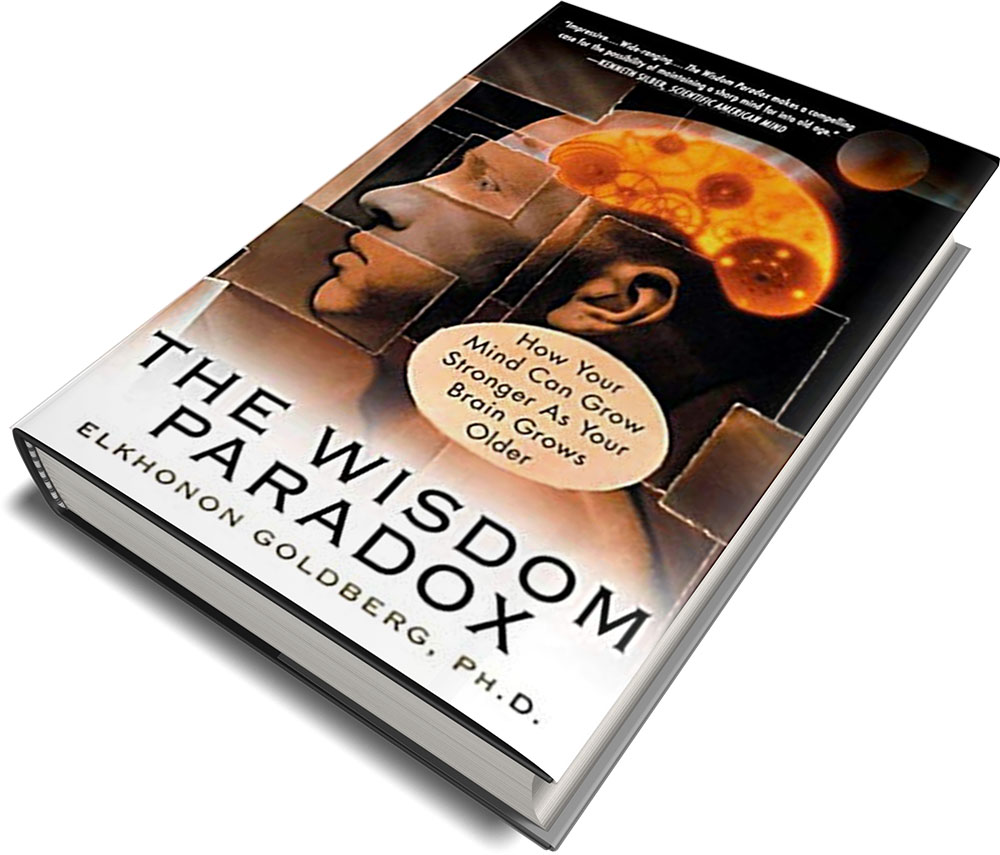
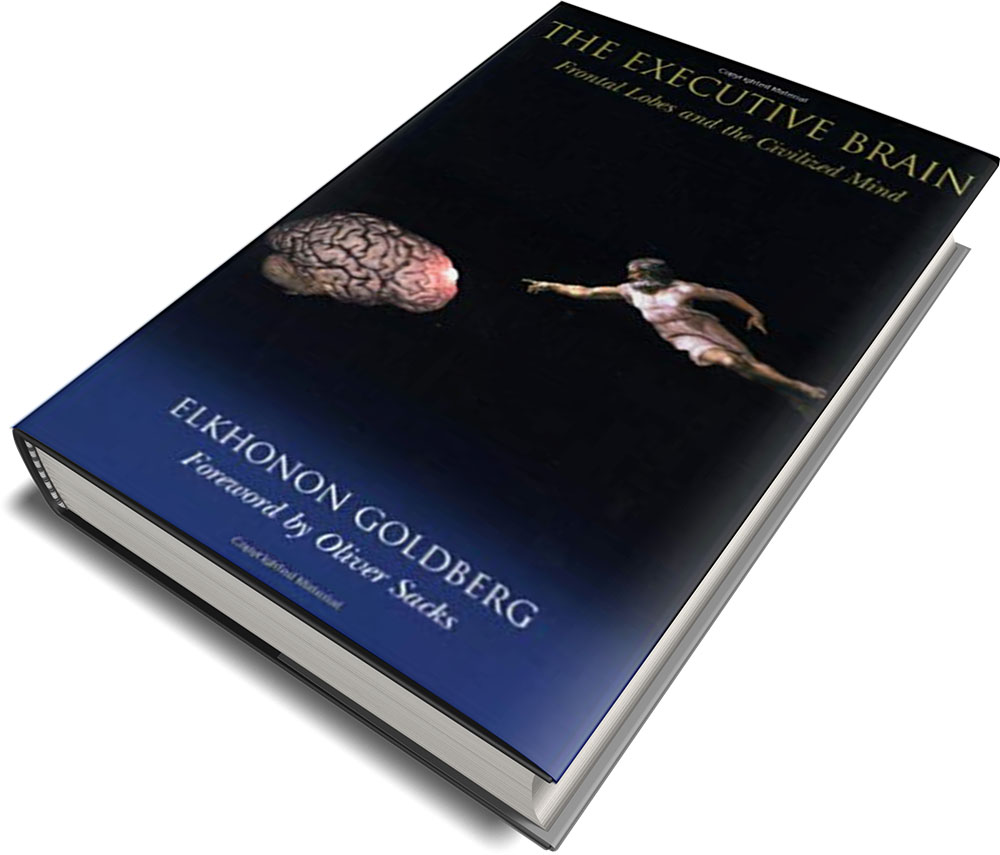
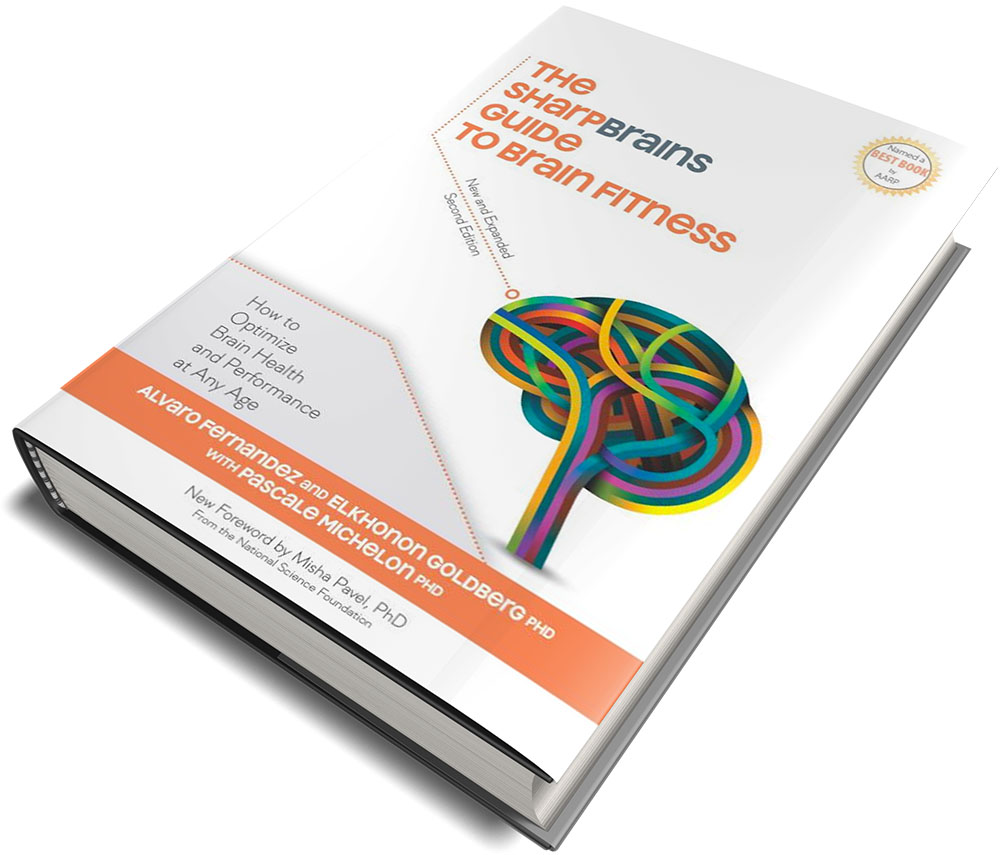
Goldberg is a foreign member of The Venetian Institute of Science, Literature and Arts; as well as a recipient of Copernicus Prize for contributions to neurosciences and neuropsychology, and of Tempos Hominis medal for international medical sciences education. Goldberg has served as a professor at leading medical schools in the USA, as Visiting Scholar at The Institute for Advanced Studies of Hebrew University of Jerusalem and Visiting Professor at University of Sydney. He lectures worldwide. His current research spans a wide range of topics, which include the brain mechanisms of decision making, cross-cultural cognitive neuroscience, and Artificial General Intelligence.
